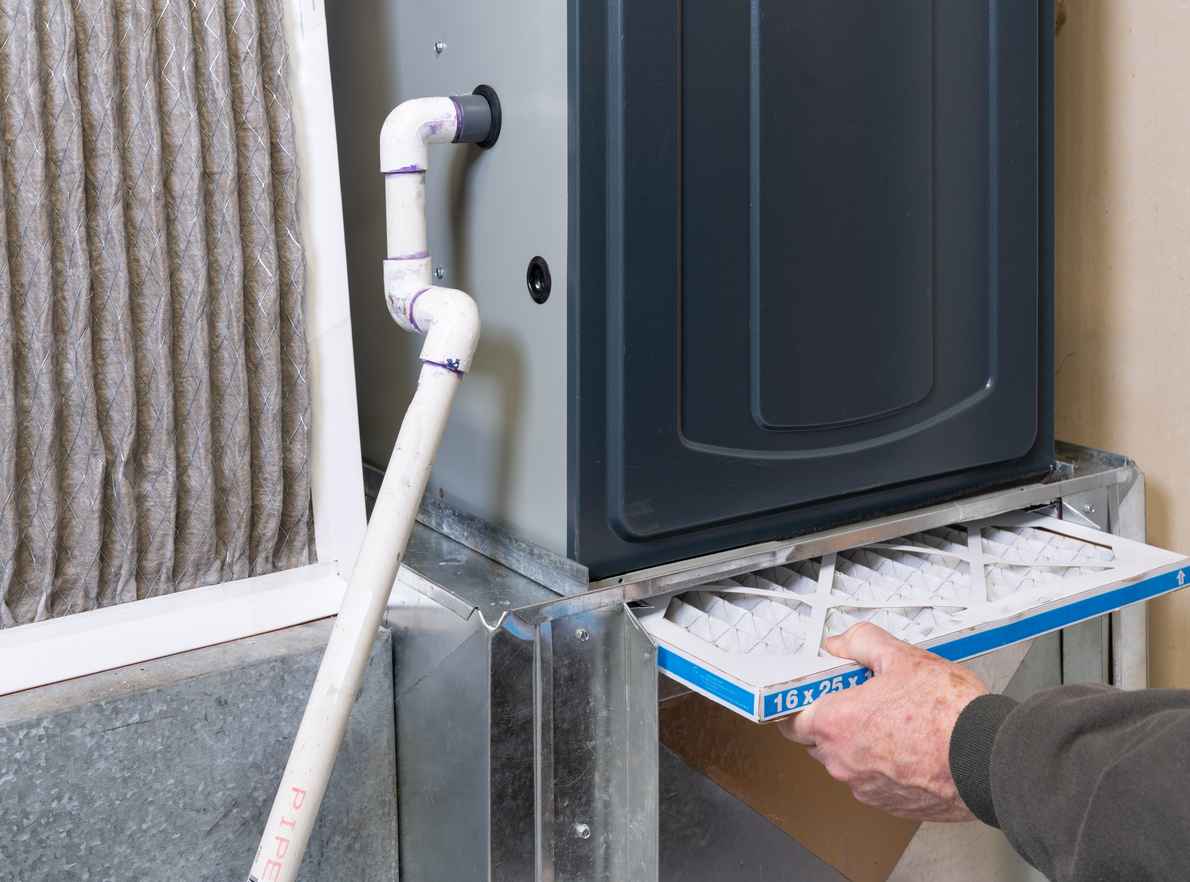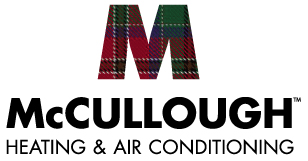4.8 Google Rating
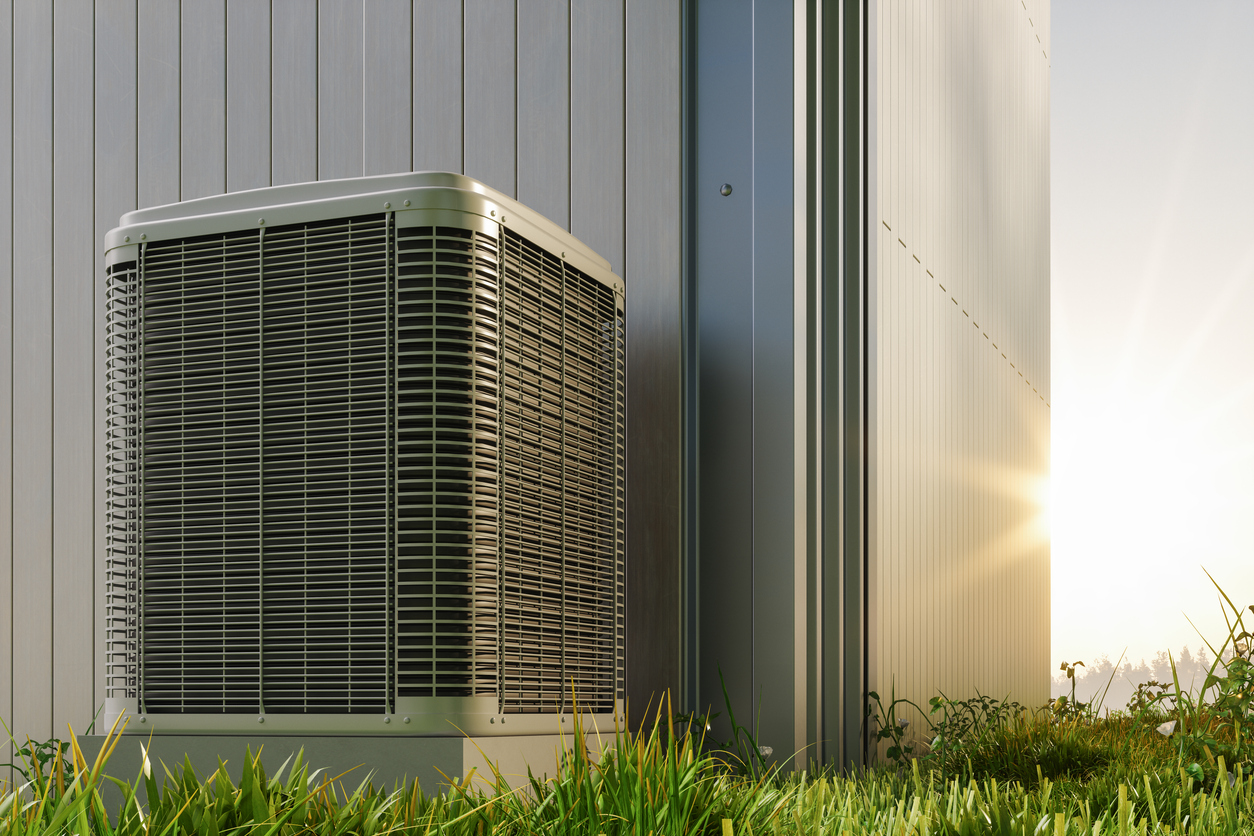
The Consequences of Buying a Cheaper Heating or AC System
When it’s time to replace your HVAC system, the cost can be a major factor in your decision. While it might be tempting to go for a cheaper heating or air conditioning unit, the initial savings may lead to significant long-term costs. From higher energy bills to frequent repairs and reduced comfort, low-cost HVAC systems often fail to deliver the quality, efficiency, and durability homeowners need. Here’s what to consider when evaluating budget HVAC options and why investing in quality can save you money in the long run.
1. Lower Efficiency = Higher Energy Bills
One of the main differences between cheaper and higher-quality HVAC systems is efficiency. Energy efficiency is measured by SEER (Seasonal Energy Efficiency Ratio) ratings for air conditioners and AFUE (Annual Fuel Utilization Efficiency) for furnaces. High-quality systems have higher SEER and AFUE ratings, meaning they use less energy to achieve the desired temperature, which can lead to significant energy savings.
- Impact of Low Efficiency: Budget systems often have lower SEER ratings, causing them to consume more energy to cool or heat your home. Over time, this leads to higher energy bills, which can quickly offset any initial savings.
- Environmental Impact: Inefficient systems contribute to higher carbon emissions, making them less environmentally friendly. Choosing an efficient system can reduce your household’s carbon footprint.
2. Frequent Repairs and Maintenance Costs
Cheaper HVAC systems are typically made with lower-quality components, leading to more frequent breakdowns and repairs. Not only are repair costs inconvenient, but they also add up over time, potentially costing you more than a high-quality system would have in the first place.
- Higher Repair Frequency: Lower-end systems may experience issues like refrigerant leaks, compressor failure, or electrical malfunctions, all of which require costly repairs.
- Increased Downtime: If your system frequently breaks down, you’ll likely experience periods without heating or cooling, which can be uncomfortable during Austin’s hot summers and chilly winters.
3. Reduced Comfort and Performance
A budget HVAC system may struggle to maintain consistent indoor temperatures, leading to uneven heating or cooling throughout your home. This inconsistency can create discomfort and force you to keep adjusting the thermostat to achieve the right temperature.
- Uneven Temperature Distribution: Inexpensive systems may have weaker airflow or cooling capacity, making it difficult to keep larger spaces comfortable. High-quality systems are designed to distribute air more evenly, enhancing overall comfort.
- Inadequate Humidity Control: Quality HVAC systems often come with features that help control humidity, which is essential in Austin’s humid climate. Cheaper systems may lack this capability, leading to a damp, uncomfortable indoor environment.
4. Shorter Lifespan
High-quality HVAC systems are built to last and typically come with better warranties to cover any repairs within a certain period. Budget systems, on the other hand, often have shorter lifespans, meaning you’ll need to replace them sooner than a higher-quality option.
- Reduced System Durability: Lower-cost systems are often made with less durable materials and may not withstand years of heavy usage. In contrast, premium HVAC systems are built to last 15–20 years or more with proper maintenance.
- Higher Replacement Frequency: Needing to replace a cheap system after just a few years can end up costing more than investing in a reliable, high-quality system from the start.
5. Limited Warranty Coverage
Many budget HVAC systems come with limited warranty coverage, often only covering parts but not labor. Additionally, some warranties may require professional installation to remain valid, meaning that attempting to cut costs further with DIY installation can void your warranty entirely.
- Minimal Warranty Support: A limited warranty can leave you responsible for repair costs shortly after purchasing the system, making it crucial to understand what’s covered and what’s not.
- Importance of Extended Warranties: High-quality HVAC systems often come with extended warranties that cover both parts and labor, providing extra peace of mind and financial protection.
6. Fewer Advanced Features
Today’s high-quality HVAC systems come with advanced features that enhance comfort, efficiency, and convenience, such as:
- Variable-Speed Compressors: These allow the system to adjust its output based on demand, reducing energy usage and providing consistent comfort.
- Smart Thermostat Compatibility: Many modern HVAC systems work with smart thermostats, allowing you to control temperature settings remotely and monitor energy usage.
- Zoning Capabilities: Some systems offer zoning, enabling you to heat or cool specific areas of your home more efficiently. Budget systems often lack these advanced features, limiting their flexibility and performance.
Making a Smart Investment: Why Quality Matters
When deciding between a budget HVAC system and a high-quality model, consider the long-term impact on your finances, comfort, and peace of mind. Here’s why investing in a quality system is a wise choice:
- Long-Term Savings: While a quality HVAC system may have a higher upfront cost, its efficiency, durability, and lower repair frequency can save you money over time.
- Improved Comfort and Health: High-quality systems provide better temperature control and humidity management, creating a more comfortable and healthier indoor environment.
- Environmental Benefits: Efficient HVAC systems consume less energy and produce fewer emissions, making them a more sustainable option.
Frequently Asked Questions
- Is it worth spending more on a high-efficiency HVAC system?
Yes, investing in a high-efficiency system typically provides long-term savings on energy bills and reduces repair frequency, offsetting the initial cost over time. - How can I tell if an HVAC system is high-quality?
Look for systems with high SEER or AFUE ratings, reputable brand names, solid warranties, and positive reviews. Consult an HVAC professional for personalized recommendations. - Are there financing options for high-quality HVAC systems?
Yes, many HVAC companies, including McCullough, offer financing options and can help you explore rebates and incentives to make a quality system more affordable.
Conclusion: Choose Quality with McCullough Heating & Air Conditioning
While budget-friendly HVAC systems may seem appealing initially, the long-term costs often outweigh the initial savings. By investing in a high-quality heating and cooling system, you’re choosing energy efficiency, reliability, and comfort for years to come. McCullough Heating & Air Conditioning offers a range of high-quality HVAC systems tailored to Austin’s unique climate needs. Our expert technicians can help you choose the right system, ensuring you receive lasting value and performance. Contact us today to schedule a consultation and discover the benefits of a quality HVAC system.
Recent News
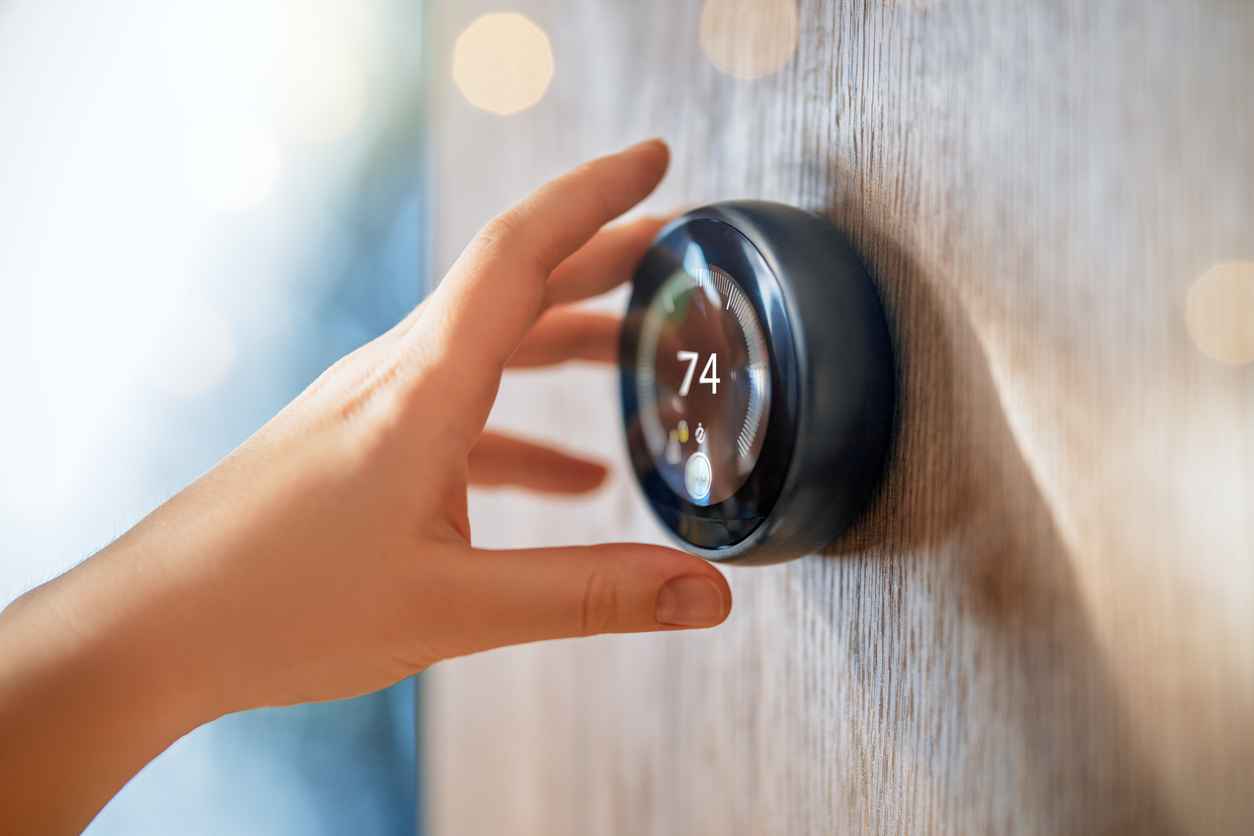
How Austin Homeowners Can Prepare Their HVAC Systems for Sudden Winter Cold Snaps
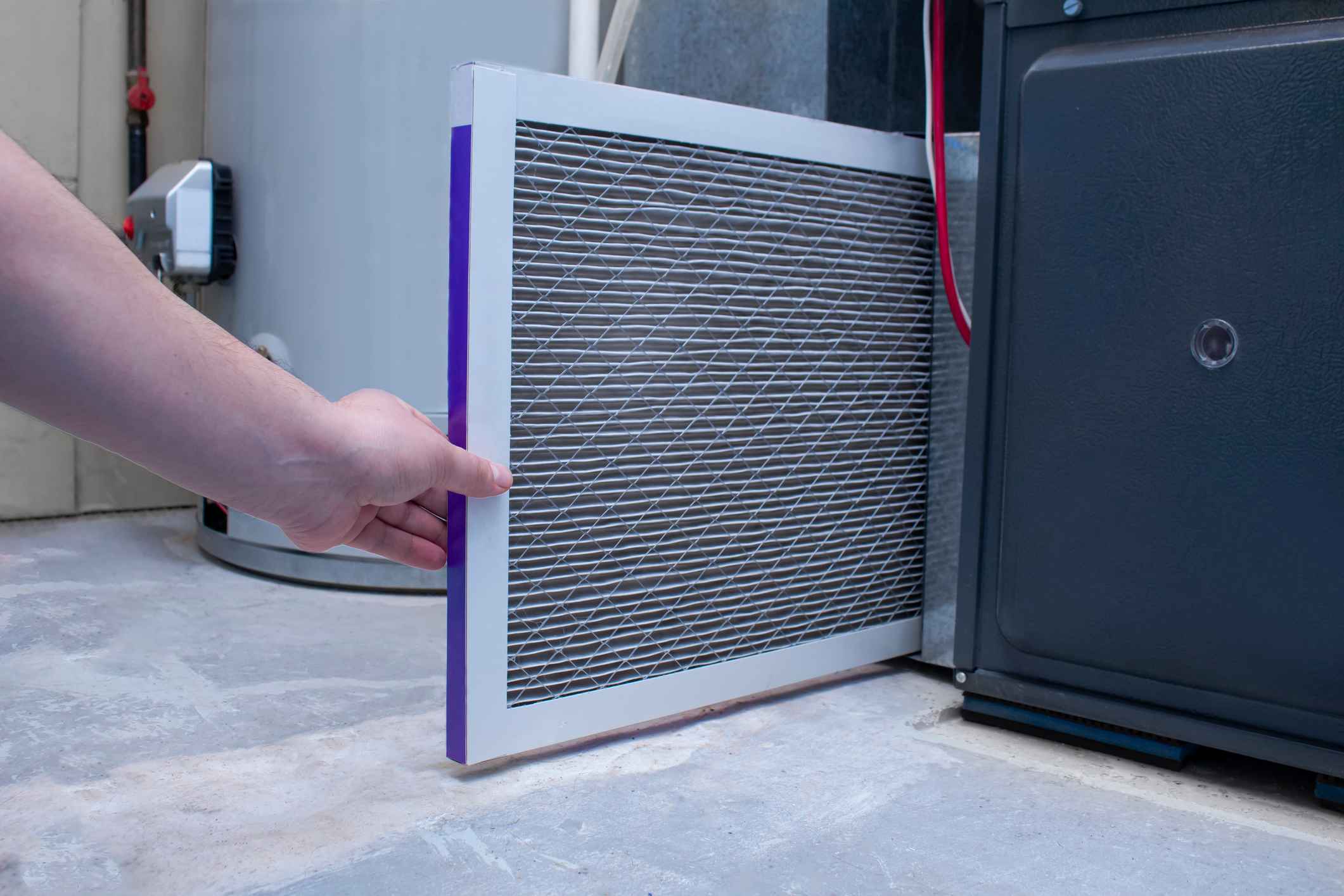
Holiday Indoor Air Quality Tips for Austin Homes: Keep Your Air Clean While Hosting Guests
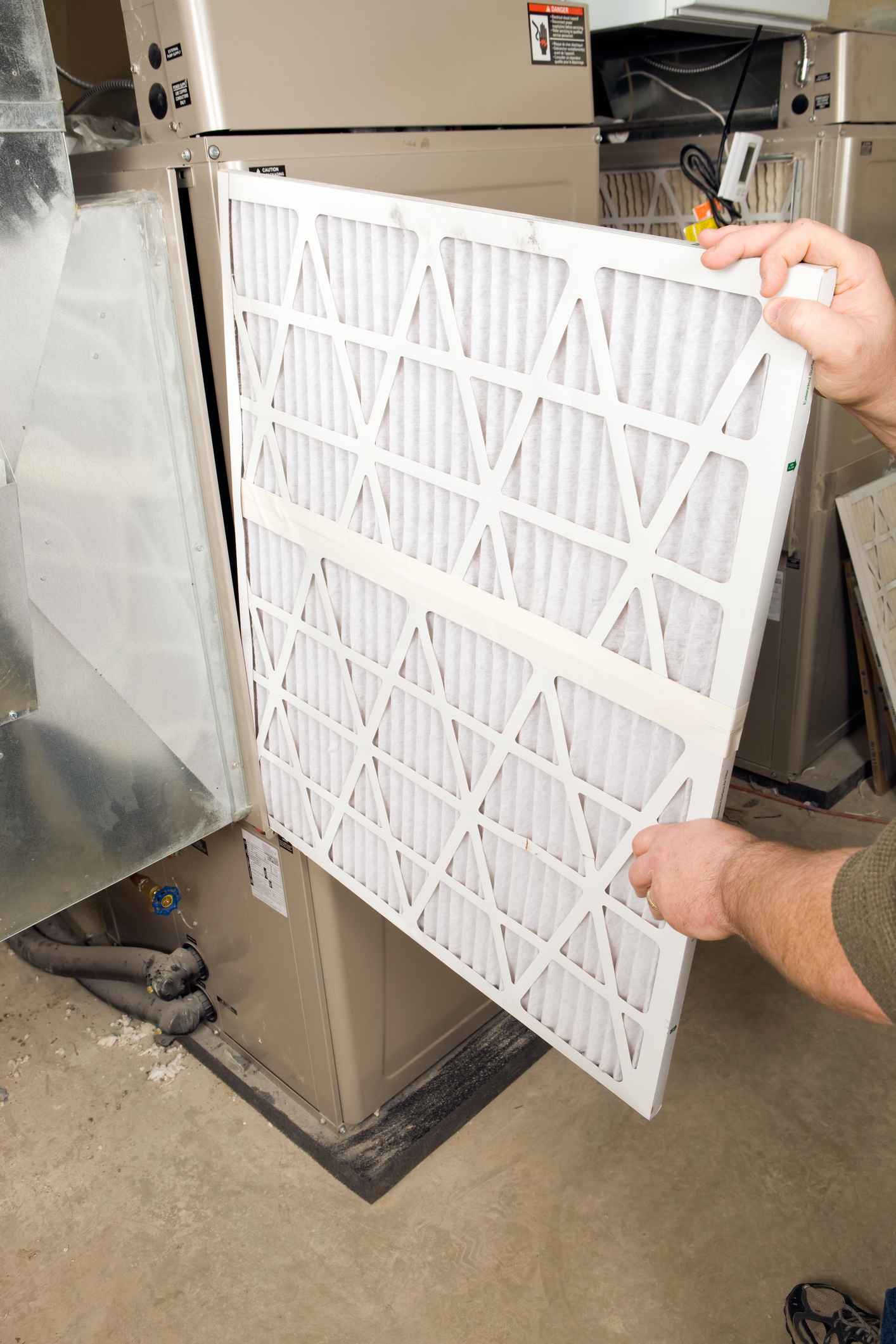
December HVAC Checklist: How Austin Homeowners Can Stay Warm During Sudden Cold Snaps

The Hidden Costs of Ignoring HVAC Duct Leaks in Austin’s Humid Climate
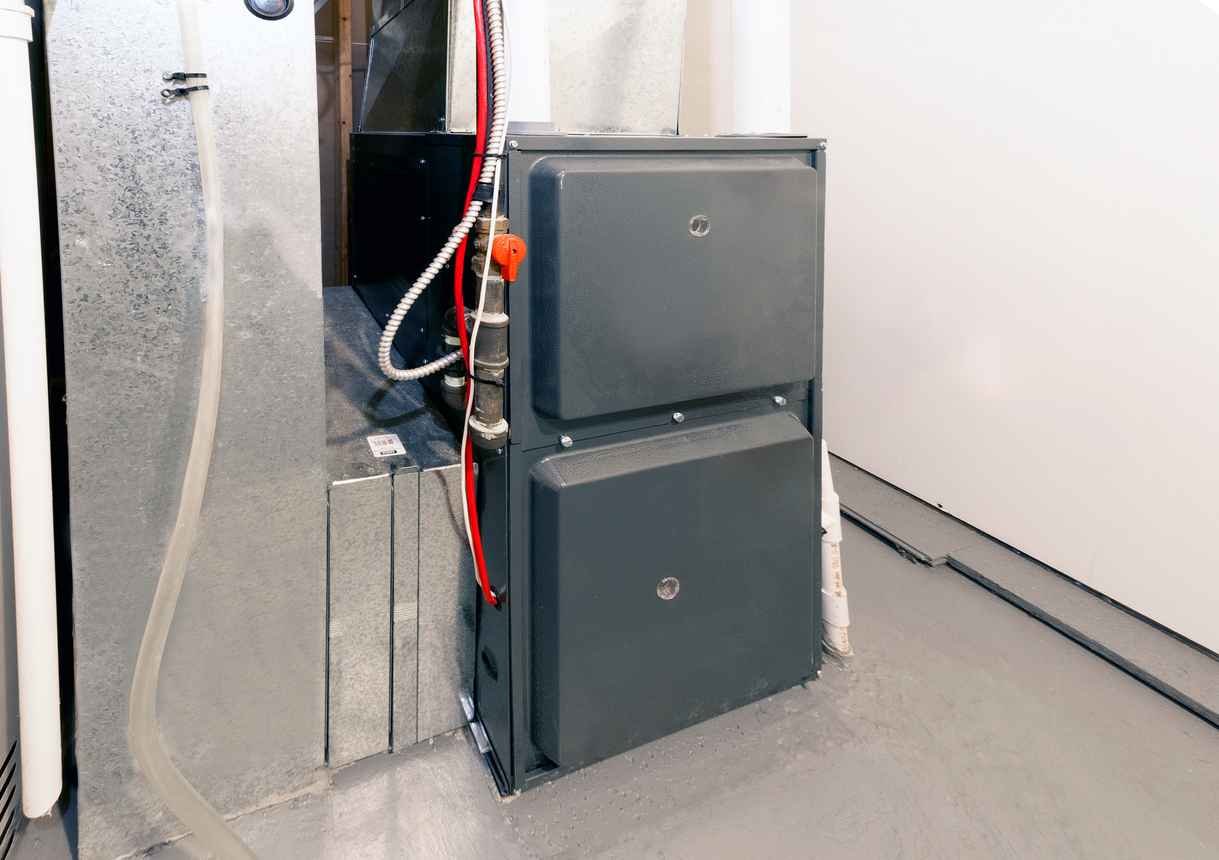
What Makes McCullough Heating & Air Conditioning the Right Choice for Austin Heating Needs
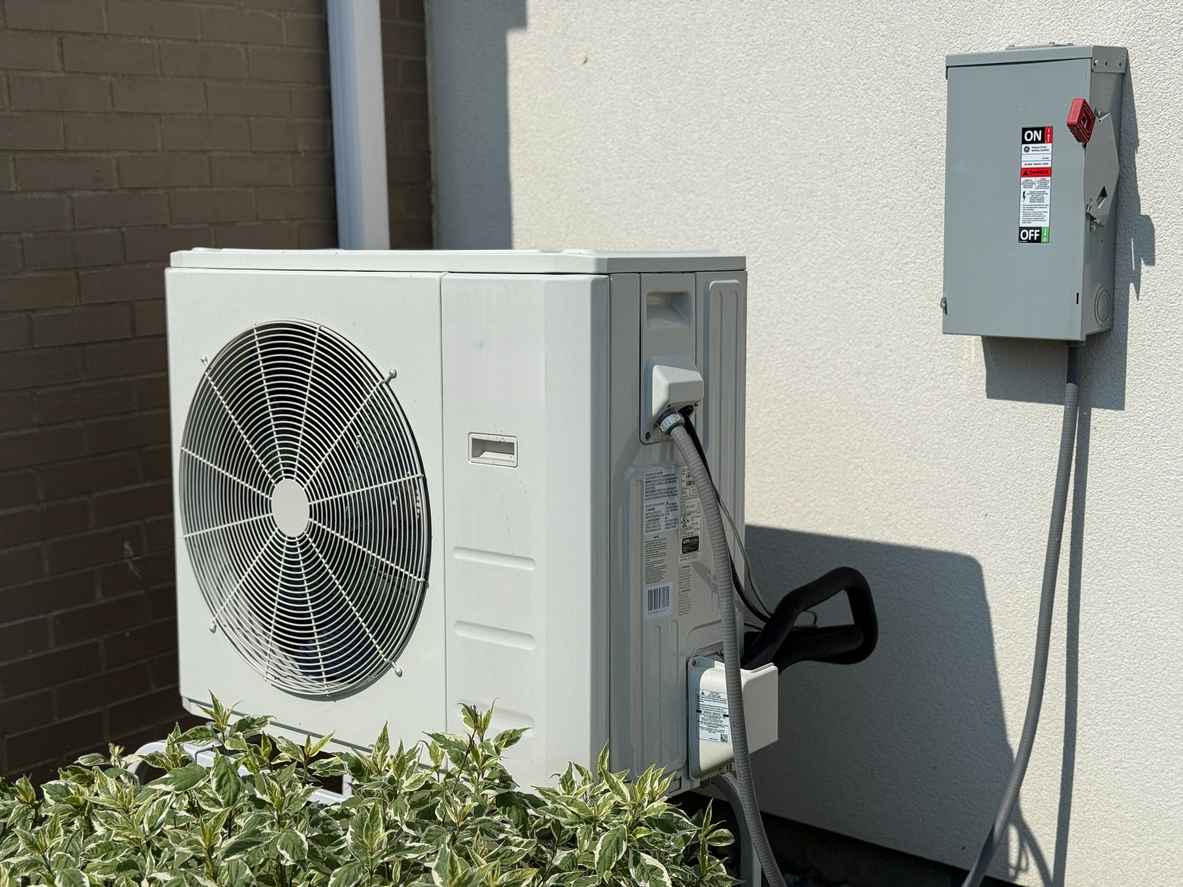
Why Texas Homeowners Are Upgrading to Heat Pumps in 2026: Efficiency & Tax Credit Insights
